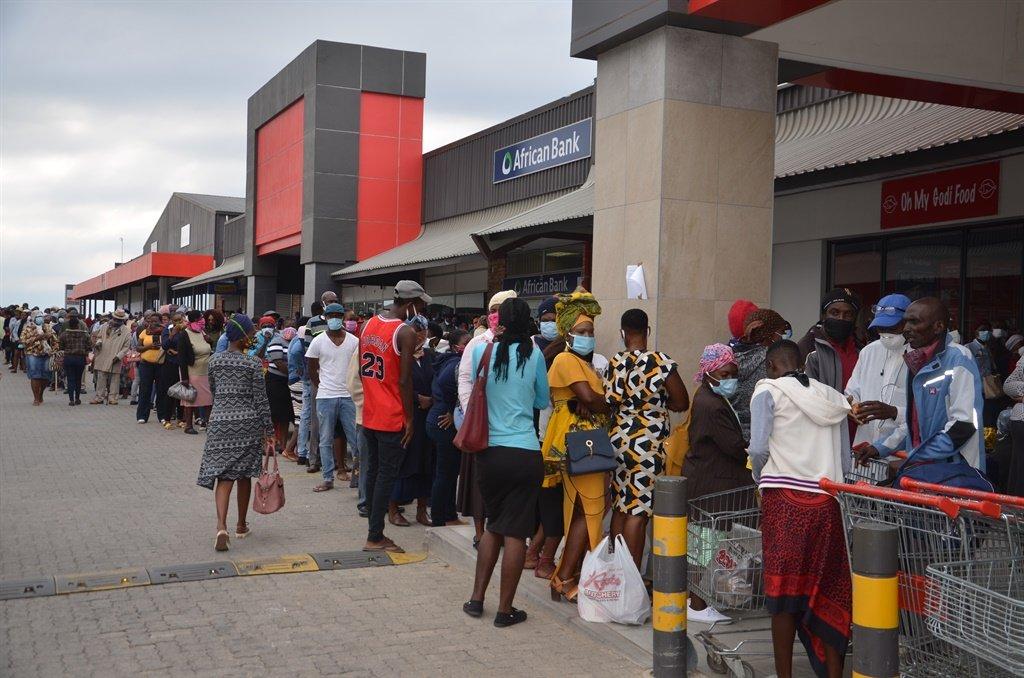Africa-Press – South-Africa. National Treasury has voiced its opposition to a campaign by the Department of Social Development and civil rights groups for stipends to be paid to millions of the country’s poorest citizens on permanent basis.
Extending a temporary R350 monthly grant that was introduced in 2020 to shield the vulnerable against the fallout from the coronavirus pandemic would cost at least R50 billion a year, the Treasury said in a document, which was penned ahead of next month’s medium-term budget policy statement and seen by Bloomberg. The only way to secure the money would be to raise taxes, incur new debt or reallocate funds, and none of those options were desirable, it said.
The Treasury refused to comment on the document because discussions on the 26 October budget update are still ongoing. These are its potential options for raising additional revenue and why it doesn’t favor any of them:
Raise personal taxes
The document outlines several scenarios for increasing the personal income tax take, by raising the marginal rates and not adjusting tax brackets to account for inflation. But individuals in South Africa already pay more personal income tax than their counterparts in peer countries, Australia and the UK, and increasing their burden would further erode the country’s competitiveness.
VAT is the most reliable source of revenue and from a purely macroeconomic standpoint, increasing the rate would have a less detrimental effect on economic growth and employment than raising personal income tax, according to the Treasury.
It estimates that raising the rate by two percentage points to 17% could generate R49.4 billion, although the measure may be somewhat inflationary in the short term. Labour unions have fiercely opposed VAT increases in the past, arguing that the poor are most negatively impacted.
Take on new debt
The Treasury is adamant that increasing the state’s debt burden, which currently stands at R4.2 trillion and costs about R306 billion rand annually to service, is a terrible idea.
For More News And Analysis About South-Africa Follow Africa-Press






